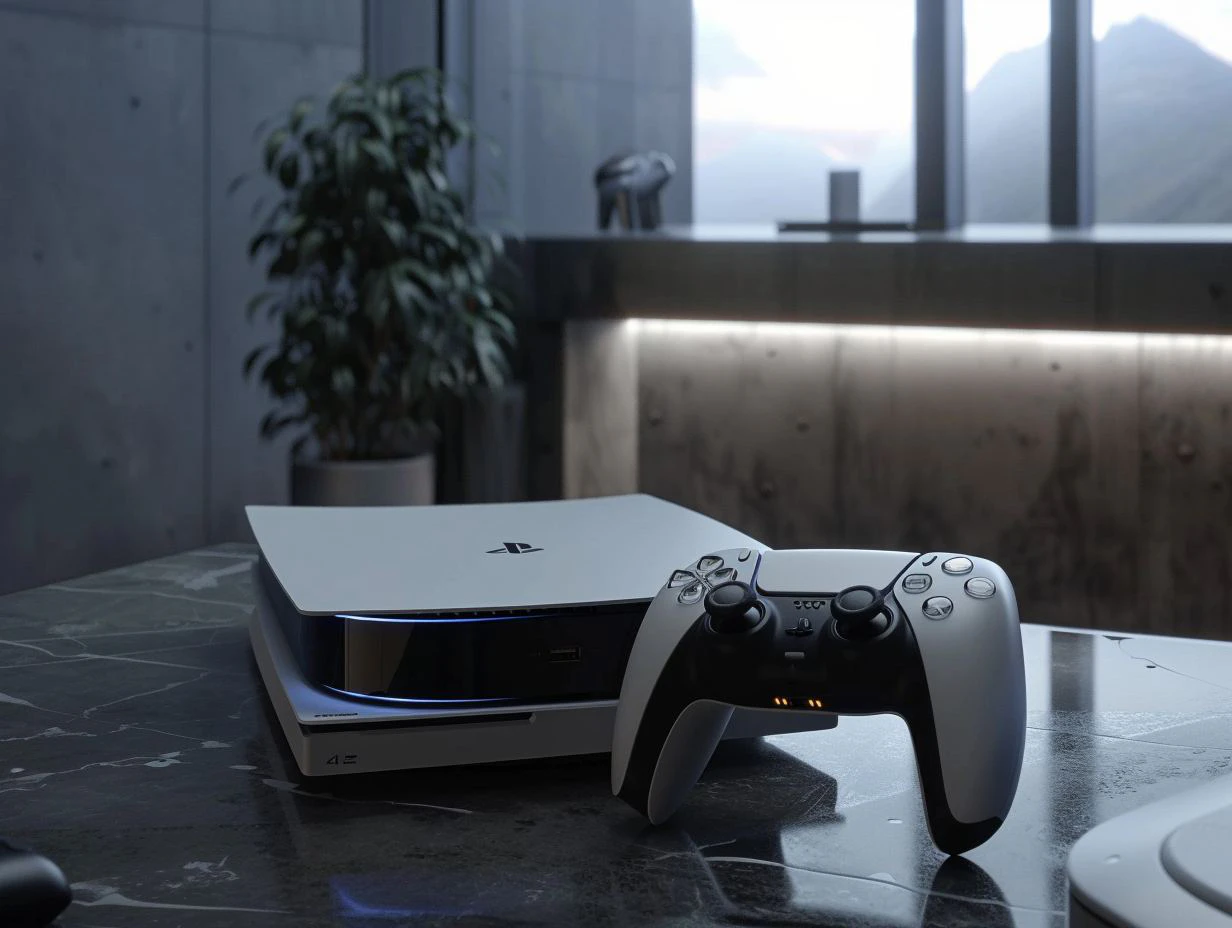Sony posted a job ad last week, which caused speculation that the company may be gearing up to change the CPU architecture for platform gaming. The job description sought developers to design a framework to run PlayStation games on devices with different CPU architectures.
Sony Did Not Mention ‘ARM-64’ in the Job Post
The job ad does not mention anything about ARM64. However, the job requirements caused industry observers to infer that the company is considering a switch from x64 architecture to ARM64. This transition was imminent, with companies having already considered Microsoft and Apple to operate ARM-based systems for their mobile devices and tablets.
Also read: Microsoft Expands Gaming
The primary reason for the conversion to 64-bit ARM architecture is that it is more power-efficient and cost-effective, giving more room to mobile gaming. ARM-powered processors are far better than before. They are suitable for ultra-powerful computing tasks and are more energy-efficient than traditional processors. These are some of the reasons they are becoming more popular on gaming platforms.
CPU Architecture in Gaming Platforms Continues to Evolve
The CPU architecture and instruction set architectures(ISAs) in the gaming industry have been adapted for many years. Platforms like Wii, PlayStation 3, Xbox 360, and Wii U, using the PowerPC architecture, have supported the industry in the past. However, these platforms also come with their challenges.
Also read: PlayStation 3 continues to thrive
Advancements in cross-platform development tools have made it possible to port games from one platform to another. However, the games may need household changes to function on specialized boards. It took time for the industry to adapt to the rapidly changing trends. The success in porting games like Resident Evil 4 to iOS devices with ARM-based processors has shown the industry’s competence in such transitions.
Console Makers Consider Architecture Switch as a Strategic Move
With Sony and Microsoft’s potential transition to ARM64, game developers and publishers must also update their development pipeline integrity. They can achieve this by proficiently adapting their customized tools for seamless interoperability with communities of different sizes and needs. While challenges may occur at the initial stage, the industry’s record assures that they are capable of change.
Sony and Microsoft have clear visions for their future gaming consoles, and they know that the architecture switch is the strategic decision that matters most to them.
Cryptopolitan reporting by James Kinoti.





